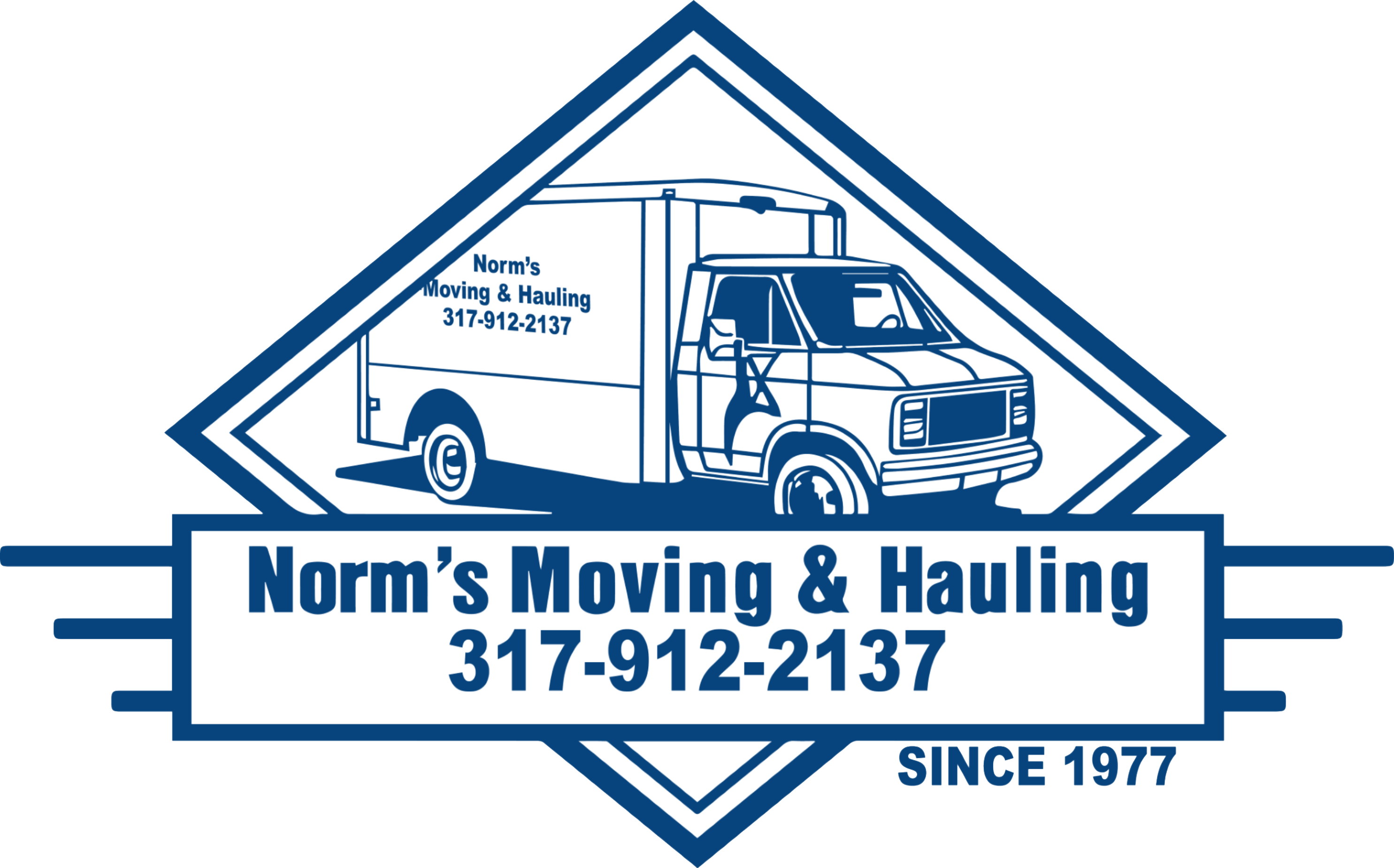Here are 10 tips when searching for local moving companies in Indianapolis:
1. Moving inventory
A reputable moving company will take inventory of all your belongings and determine the size and weight of your move. The estimator should be thorough and check all of your storage places and make sure that all items are accounted for. A large factor of the mover’s price is based on the weight of your stuff and the space they take up in the truck. Be sure you understand this estimate and that it is as accurate and complete as possible.
2. Get a thorough walk-through
An estimator who performs a quick walk-through without noting what you plan to move is going to be off the mark. A good moving estimator will ask many questions about what you plan to take from your current house to your new home. So, be sure you are prepared to tell him/her which items you don’t want on the truck—the items you plan to give away, donate, sell in a yard sale, or leave behind for the new owners.
3. Don’t pay a large deposit
Reputable movers won’t demand cash or a large deposit before moving. You should only pay upon delivery of items. If you pay in advance, you have no control over when you will see your belongings again. When you do pay, use a credit card to help protect you from possible fraudulent activity. We have heard horrible stories of moving companies, listed under fictitious names, running of with clients’ furniture. Don’t let it happen to you!
4. Avoid moving companies with a name switch
Some companies avoid being assessed by the Better Business Bureau by doing business under a variety of names. This could be for a few reasons, but the majority of the time, these companies have gotten negative reviews or complaints in the past, and are now looking to continue their sub-par service in another name. Be sure the company has a local address and information about licensing and insurance. Their employees should answer the phone with the full name of the business.
Find out if there are any other names the company “does business as,” as well as their state and federal license numbers. Search google to see if there are complaints about the company. To find out more about the company’s history, call the consumer complaints hotline at the Federal Motor Carrier Safety Administration, 888-368-7238.
5. Get references on movers
If your friends and or family don’t have any recommendations, get a list of reliable movers from associations such as the American Moving and Storage Association and state associations of movers.
Ask any mover you speak with for references. Tell them you want a list of three customers from your area who have moved in the past three months. Call those customers and ask direct questions about their experiences.
6. Avoid packing costs
If you pack your belongings yourself, the mover generally isn’t responsible for damage to them. However, if you have your mover do the packing, you may pay inflated prices for boxes and packing materials, not to mention time and labor. If you decide to have the movers pack, ask about the packers’ experience. Most packers are careful, but you want to avoid the chance of getting someone who tosses whatever they can into a box and then seals it up with little regard for breakage.
7. Beware of extra fees
Do you live in a two-story house or are you moving into one? Moving to or from a 10th-floor apartment? If so, you’ll likely be charged extra for the movers’ having to negotiate stairs and elevators. Have a narrow street that won’t fit a moving van? Expect a surcharge for the transfer of your belongings to a smaller truck for delivery. Make sure to ask your mover about any additional fees that may apply to your situation.
8. Avoid a blank moving contract
Never sign a blank contract. Get absolutely everything in writing. The mover’s estimate and any extra fees should be listed, as well as your pick-up and delivery dates.
Read your contract and make sure all of your belongings are listed. If your laptop isn’t labeled on the inventory form you sign before the driver leaves, you can’t expect it to be in the box when he arrives. You can’t file a claim for something that doesn’t appear on the inventory list.
9. Don’t accept the “guaranteed” quote
There are three kinds of moving contracts:
A non-binding estimate on your contract means the company cannot require payment more than 10% above the original estimate. Any overages must by paid within 30 days of delivery.
A non-binding to exceed estimate on your contract insures that you will not have to pay for any overages to the original estimate. The estimate is the maximum you’ll be required to pay for any services rendered.
A binding estimate on your contract is supposed to be a guaranteed price for the move and all extras and services. If you request additional services (such as unpacking), any extra fees must be paid within 30 days of delivery.
10. Report any problems
For most companies you have around 9 months to report any problems to the moving company and file an insurance claim. So if you’re opening boxes a year later and find shards of glass, you’re out of luck.
On moving day, try to open each box to check for damage. Note any problems on the mover’s copy of the bill of lading before signing it.
Your mover has 30 days to acknowledge receipt of your claim. Within 120 days of receiving it, he must deny your claim or make an offer to pay as per insurance company.

